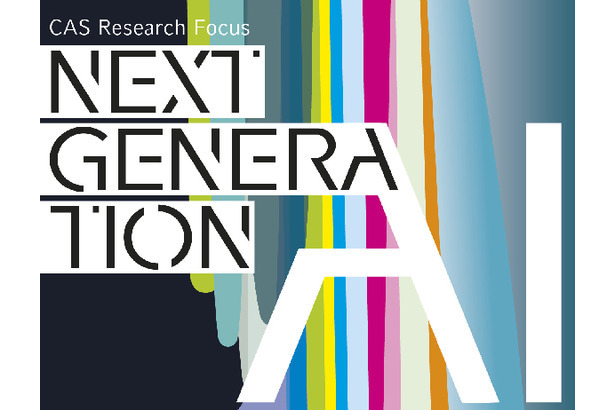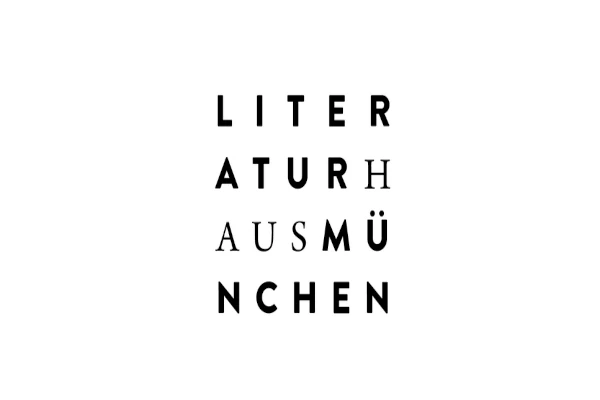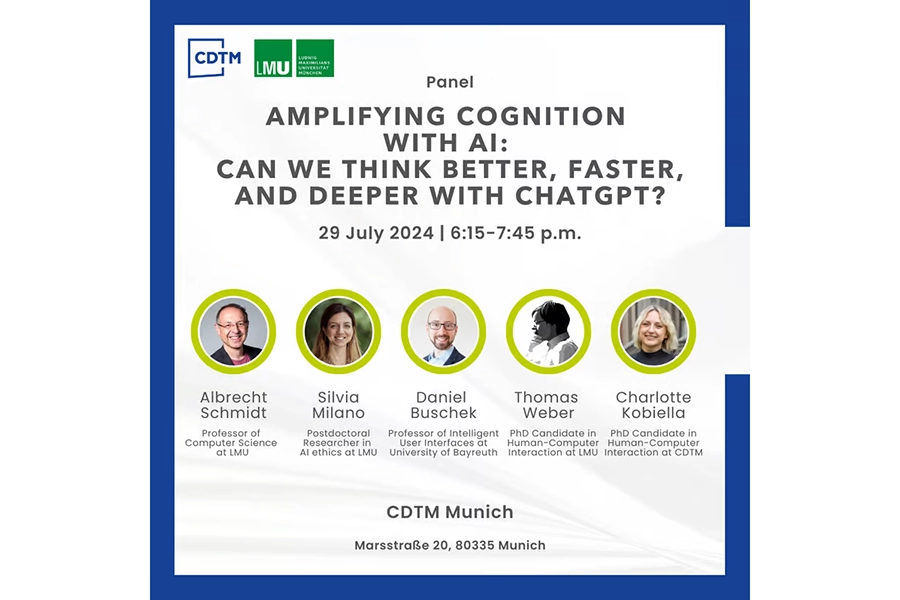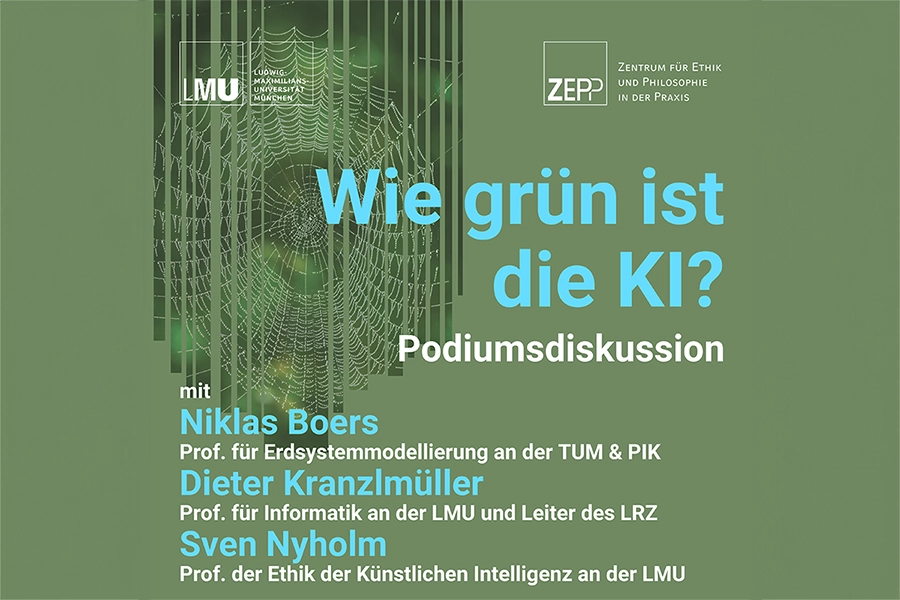01
Jun

Round-Table
2022 Symposium on AI Research at LMU
Meet the newly appointed Bavarian AI Chairs at LMU Munich, including MCML PIs
01.06.2022
6:30 pm - 8:00 pm
LMU Munich
LMU expands its AI research with 100 new chairs. Introducing the first AI chairs, including our PIs Stefan Feuerriegel, Eyke Hüllermeier, Gitta Kutyniok, Björn Ommer, and Barbara Plank, the symposium features research approaches and a panel discussion on the next AI research generation at LMU, followed by a buffet.
Related

Panel • 05.12.2024 • Literaturhaus München, Salvatorplatz 1, 80333 Munich, Germany, In-Person and Live Stream
Ähren im Wind – Political Orientation in Challenging Times
Join Alena Buyx at the Munich panel "Political Orientation in Challenging Times ", as she explores ethics and responsibility in modern politics.

Panel • 29.07.2024 • CDTM, Marsstraße 20, 80335 Munich
Can we think better, faster, and deeper with ChatGPT?
Join the panel with leading experts to gain insights, ask questions, and engage in discussions about humanity's role in the AI era.

©Emmy Ljs - stock.adobe.com
Keynote and Panel Discussion • 24.06.2024 • LMU Munich, Main Building, Große Aula
ChatGPT and other Large Language Models in Teaching and Research
Keynote by AI ethics expert Dr. Silvia Milano and a panel discussion moderated by Sven Nyholm, with professors Peter Adamson, Frauke Kreuter, and Albrecht Schmidt.

Panel Discussion • 11.06.2024 • LMU Munich, Main Building, M210
Wie grün ist die KI?
AI's ambivalent role in sustainability involves high energy use and vital data analysis. Experts discuss this and answer audience questions on its impact.

Panel discussion • 13.07.2023 • CAS Munich
Generative AI in the Industry, Media, and Beyond. Chances and Challenges of Stable Diffusion
This panel explores the transformative potential, challenges, and changes brought by Stable Diffusion.